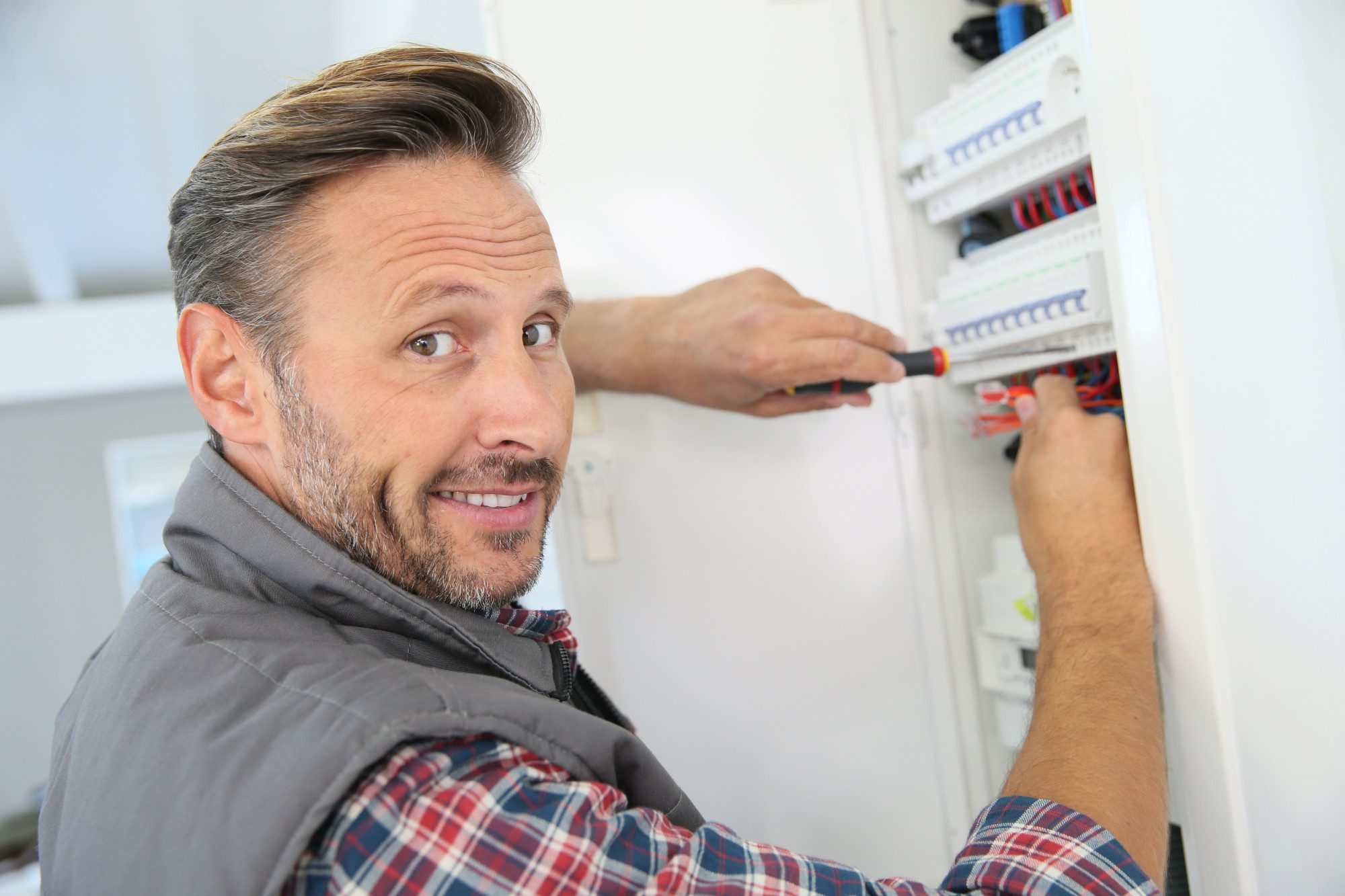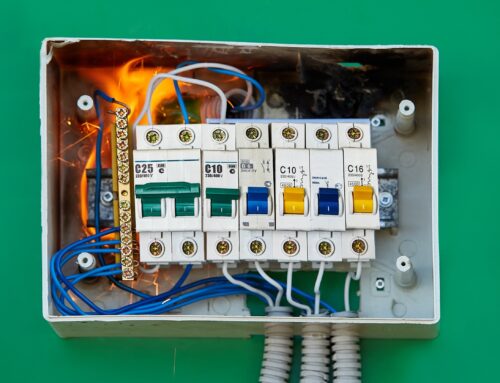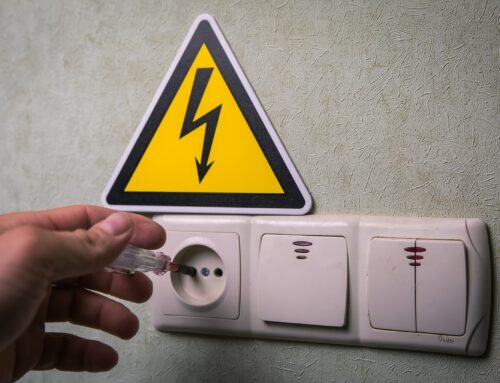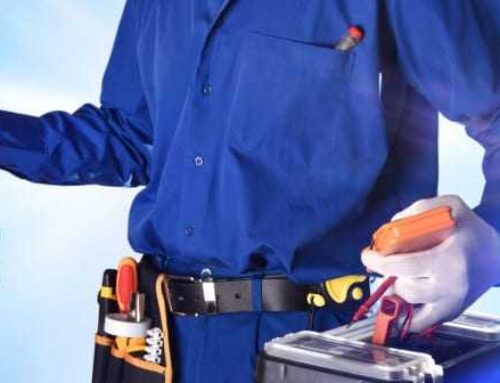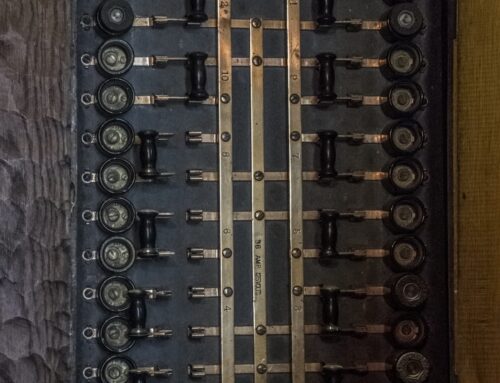Most electricians work 40 hours a week, meaning they’re often heavily booked every day. This leaves some to take on their installation duties themselves whenever there’s an electrical problem.
But should you do your own electrical installations? What should you know about DIY electrical installations before you take them on?
That’s what we’re here to look at today. Read on to find out everything you need to know about home electrical installation before you think about DIY-ing.
Benefits of DIY Electrical Repair
The low-hanging fruit for doing your own electrical work is that you get to save a ton of time. This is time used when booking an electrician, waiting for them to show up, and waiting on them to finish up their work.
If you’re confident in what you’re supposed to be doing and you have what you need, it can free up your time to focus on other things. It also saves you some money since you won’t be hiring anyone to do the installation for you.
While you will have to spend some money on gathering the equipment, many think of DIY electrical installations as investing in their own home and craft. It also builds your electrical handiwork, which is something that many still value.
But Should You Do Your Own Electrical Work?
Sometimes it’s not as easy as picking up some tools and doing your own electrical work. Certain tasks require licenses and permits, which aren’t readily available not non-professionals.
The reason that certain tasks are reserved for professionals is that electrical installations are not only tricky but rather dangerous. To ensure your own safety, sometimes you should skip the DIY project and call a professional.
There are a slew of electrical repairs that homeowners can do if they so choose. Things like changing and moving sockets, replacing light switches, or installing new switches are all things that you can do on a whim.
What to Know Before DIY Electrical Installations
When you are doing your own electrical installations, there are a few things to take note of before starting any project. First, make sure you aren’t exposed to any direct electricity or wires.
Turn off your breakers to make sure you’re safe from any electrical harm. Make sure you have the right safety equipment on as well, just in case.
It also helps to read up on wiring before you do anything. This is a crucial point given that your installing your own electrical systems affects your family or anyone else that lives in your unit in the future.
Finally, take your time. Even if it’s something as simple as replacing a light or a switch, you need to make sure everything is where it’s supposed to be. Use all the time you need to get all the details right.
DIY Electric Work Made Simple
Not every electrical installation is tailor-made for non-electricians. Use this guide to know when you can take on a DIY electrical project and when you should call a professional.
Are you looking for “reliable electricians near me?” Contact us today and we’ll get you started on a solution right away!

